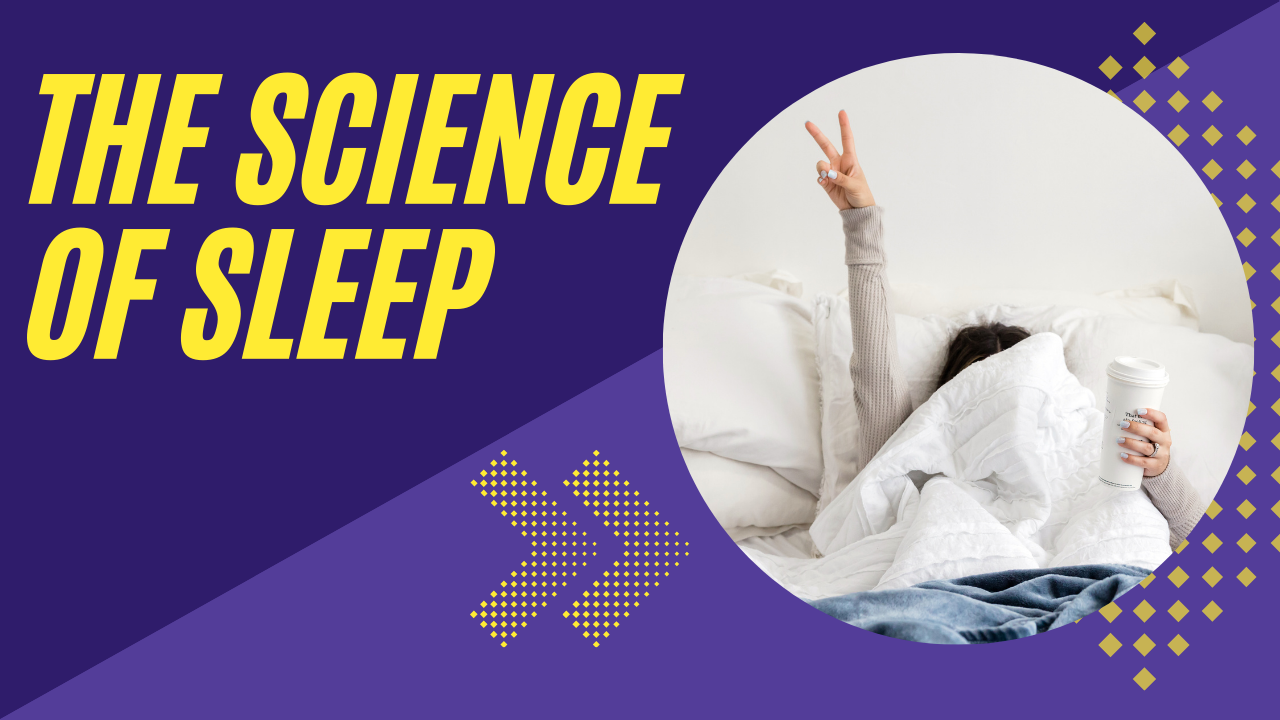Sleep is essential for our health, yet many struggle to get enough of it. Recent research has uncovered new insights into how we can improve our sleep quality.
One key discovery is the role of circadian rhythms—our body’s internal clock. Sticking to a consistent sleep schedule helps regulate these rhythms, ensuring better rest. Exposure to natural light during the day and reducing blue light from screens before bed can also optimize our sleep cycles.
Another important finding involves deep sleep. This stage is crucial for brain function, memory consolidation, and muscle recovery. To enhance deep sleep, experts recommend creating a calm, dark, and cool sleeping environment.
Additionally, mindfulness practices like meditation and deep breathing have been shown to reduce stress and promote relaxation before bed. Avoiding caffeine and heavy meals in the evening further supports better sleep.
link https://skblogbites.com/augmented-reality-the-next-big-leap-for-market-shopping/
The Role of Circadian Rhythms
At the core of sleep science is the circadian rhythm, the body’s internal clock that regulates the sleep-wake cycle. One key finding is the importance of consistency—going to bed and waking up at the same time every day strengthens this natural rhythm. Inconsistent schedules, such as staying up late on weekends, can throw the clock off, leading to poorer sleep quality.
To support your circadian rhythm, exposure to natural light during the day is critical. Sunlight helps your body produce melatonin, the hormone that promotes sleep. Conversely, limiting screen time and artificial light in the evening, particularly blue light, helps signal to your brain that it’s time to wind down.
Deep Sleep: The Key to Restoration
Deep sleep, also known as slow-wave sleep, is vital for memory consolidation, immune function, and muscle recovery. Recent studies emphasize that the first few hours of sleep are the most important for deep sleep. To maximize this, sleep experts suggest creating an environment conducive to deep sleep: keeping your room cool (around 65°F or 18°C), dark, and quiet. Consider blackout curtains, earplugs, or white noise machines to optimize this phase of sleep.
The Power of Mindfulness
New research also highlights the impact of mindfulness practices on improving sleep quality. Techniques like meditation, deep breathing, and progressive muscle relaxation help calm the mind and prepare the body for sleep. These practices are particularly helpful for people who struggle with anxiety or racing thoughts at bedtime.
Foods and Substances to Watch
Diet and substance use can play a surprising role in sleep quality. Caffeine and alcohol disrupt your natural sleep cycle. While caffeine can delay the onset of sleep, alcohol can fragment it, reducing time spent in restorative deep sleep. Eating light meals in the evening, avoiding heavy or spicy foods, and opting for sleep-promoting snacks like almonds or bananas can also help.
Personalized Sleep Solutions
Finally, one emerging area of sleep science is personalized sleep medicine. Research shows that genetic factors may influence whether you’re a morning person or a night owl. As this field evolves, the future may hold tailored sleep advice based on individual biology.
By adopting these science-backed strategies, you can make small but impactful changes to your nightly routine, leading to improved health, mood, and productivity. The key is to prioritize sleep as a fundamental aspect of well-being.

1 thought on “The Science of Sleep: New Insights for a Better Night’s Rest”